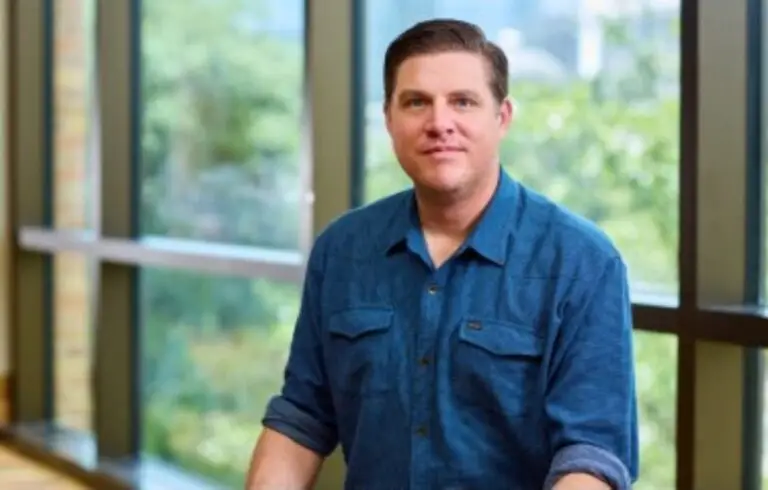Compassion is an essential ingredient for leadership in these challenging and dynamic times. But compassion alone does not make an effective compassionate leader. In fact, compassion is not the powerful force it can be if it’s not balanced with toughness or tenacity.
There is an art to being tough and compassionate at the same time. To make this work, I developed what I call the ‘Three Ts of Compassionate Leadership’. The Three Ts refers to a process I’ve instituted in multiple companies to build compassionate relationships that work: Tenderness, Trust and Toughness (or Tenacity).
In a nutshell, approach people with tenderness. This authentic expression of caring leads to connection and a feeling of safety. From there, you can build trust, the foundation of any healthy culture. Having earned trust, you’ve built the good will or relationship equity that it takes to be tough—which means that you can do the difficult things a leader needs to do while keeping your people on board.
There are a few keys to keep in mind as you take these steps:
1. Tenderness. As you begin any relationship, approach others with empathy, kindness and support. Expressing tenderness shows that you care, that you have their back. Taking the time to do this shows you’re invested in the wellbeing of others. This creates a feeling of safety within relationships.
Tenderness can take many forms. Showing empathy is one. Validation is another. Everyone wants to be seen, heard and understood. Validating someone can be as simple as stopping to ask someone how they’re doing, really listening to their answer, then letting them know that you can understand how they feel or what they’re facing. Offering empathy and validation creates a compassionate connection that’s the foundation for trust.
2. Trust. When I give advice to young leaders about building trust, I make it simple: be honest, be vulnerable and be yourself.
Honesty is about communicating openly and truthfully, and not shying away from tough questions or feedback. In fact, many leaders drag their feet when having to make difficult decisions or give hard feedback. They presume people aren’t comfortable with truth, that they may become defensive or angry. But employees would rather hear difficult feedback than no feedback at all. And your transparency conveys to them that you respect them enough to tell them hard truths. When in doubt, communicate! And follow through if you say you’re going to do something. Make sure your walk and your talk are in sync.
In terms of vulnerability, I know a lot about that. I suffered hearing loss at a young age and had to wear hearing aids throughout my life. I kept this hidden for fear that others would perceive me as weak. I was wrong. I learned that sharing my vulnerabilities did not make me seem weak. It made me seem human, even strong. Showing vulnerability is a way to say to others that you trust them, that you’re willing to share your real self with them.
And just as important as showing up with your weaknesses is showing up with your whole self—in your full glory! An authentic leader is one who speaks from the heart, speaks their truth, and shares their unique talents. When leaders bring their whole selves to work, they allow others to feel safe to do the same, which brings out the best in your teams.
3. Toughness. If it’s one thing I’ve learned in my career it’s that leadership is tough work! To do it well, it can involve addressing conflict and resistance, pushing sometimes unpopular ideas, saying no when it might disappoint people, firing people and even fighting to end injustice. This is all tough work, but it’s essential in getting work done and protecting your culture and people.
Toughness is hard for some leaders. To find the strength to tackle difficult challenges, it helps for leaders to think about the greater good. Leaders can often find this resolve and courage in their devotion to excellence and their commitment to helping their team work to their highest potential.
While some leaders avoid hard situations, others take a forceful approach. For example, if a leader has an employee who has been causing problems, they might address it punitively, using discipline, or expressing anger or frustration. This is never the most effective way to deal with these situations. Instead of anger, try a compassionate alternative. Tell them you’ve noticed their performance slipping lately and ask them if there is anything going on that you can help with so that you can work on a solution together. This will set you up for a more open and productive conversation.







